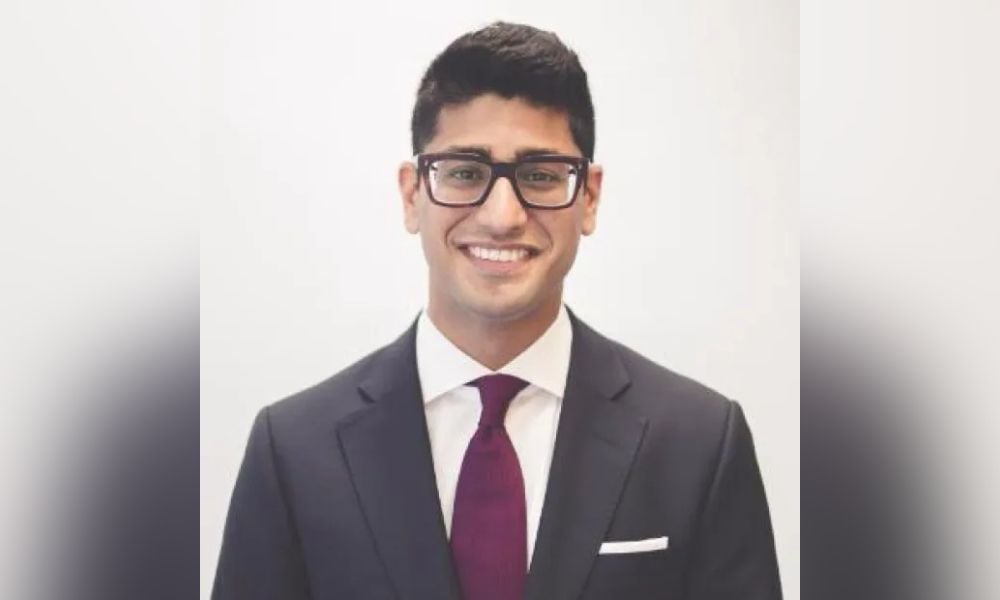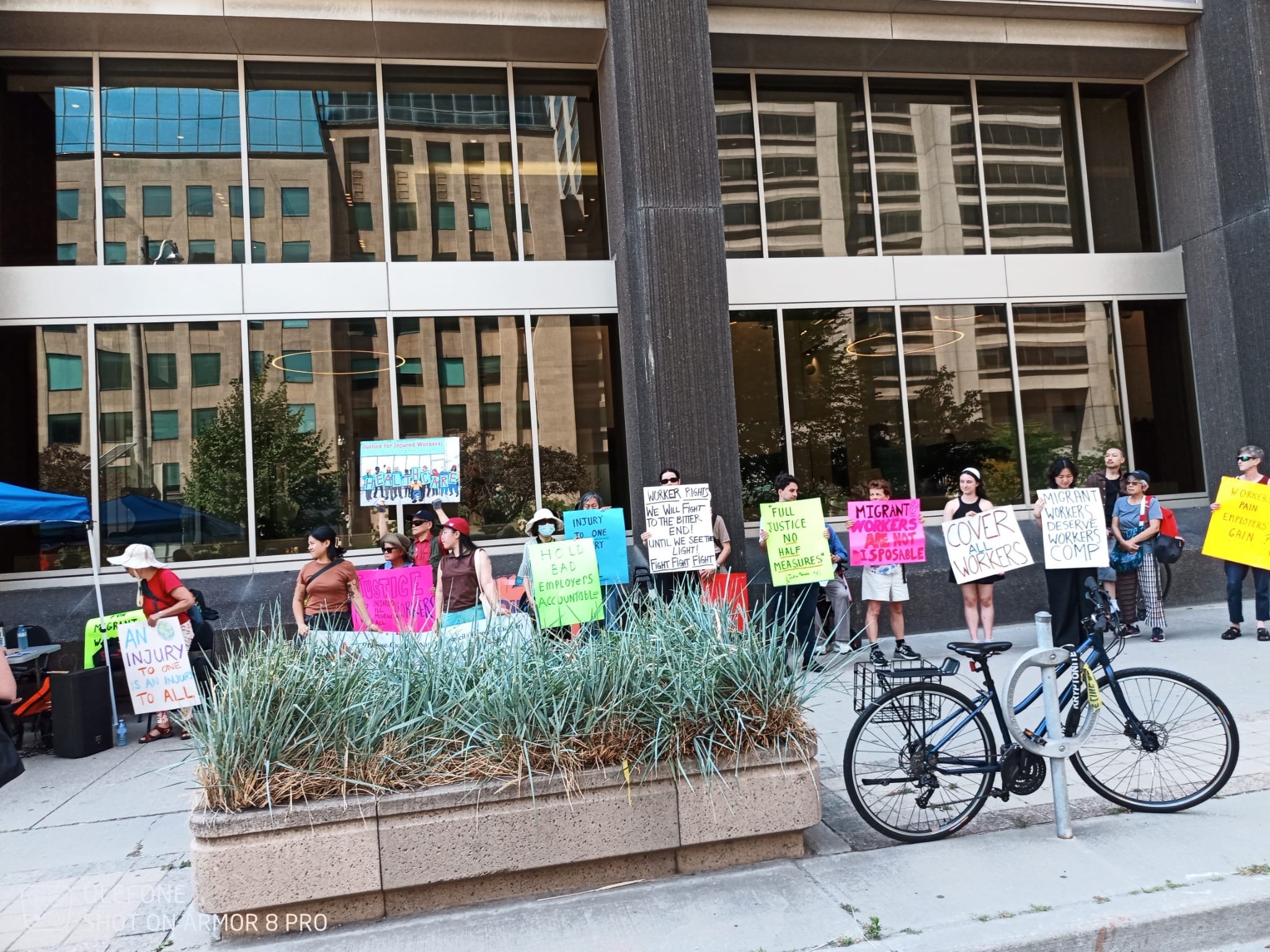From the front line: Health care expert on 'historic' changes to system and how he spends free time vaccinating across the city

“Part of our challenge right now in health care is to make sure that people get the best information possible, to make the best decision about their own health care,” says Dr. Adam Kassam, a Toronto-based doctor who practices as a community-based physiatrist.
Dr. Kassam is also President of the Ontario Medical Association (OMA).
“We know that vaccines are safe, that they’re effective, we know that they’re the best protection that we have against COVID-19. And wanting to make sure that we do our part is, in my opinion, so extremely important.”
Dr. Kassam has worked alongside his wife – a family doctor – volunteering in vaccine clinics: “We joke that we spend our date nights vaccinating across the GTA.”
“We’ve done Sundays over the past few weeks, and then even over the Christmas and holiday season,” says Dr. Kassam, “it’s something that we can contribute to, because we know how important this vaccination effort is for all of us to get through the pandemic.”
Historic upheaval
“Clinically, things have been very challenging, because we’ve had to reorganize repeatedly our units in order to help take care of folks who we would have otherwise not necessarily seen,” says Dr. Kassam.
For example, in his practice he is seeing a lot of patients who had COVID, and are now suffering from the long-term effects of the virus. This includes patients who have had muscle or nerve injuries, or had a stroke, as a result of COVID, as well as respiratory decline or failure as a result of the disease.
“That has been a challenge, because it required us to be somewhat more nimble is treating patients,” says Dr. Kassam, “and part of that has also been because of the capacity restraints and other areas.”
“The pandemic has certainly had a significant impact on our ability to practice medicine, but also practicing in a very unique and challenging circumstance,” says Dr. Kassam.
“[The pandemic] has affected almost every single health care professional at exactly the same time. And so the unprecedented nature, size and scope of this challenges is tremendous. And it's something that we had to try and adapt [to] and deal with on a near daily basis as things change so rapidly,” says Dr. Kassam.
There has been such an upheaval in the system, he says, probably the biggest doctors have had in the history of their professional lives.
As the OMA President, it has also been as challenge, he says. “The pandemic has changed the role that I serve in as far as engagement with stakeholders and partners and supporters […] but also focusing on the pandemic response and ensuring that our members feel supported during this very challenging time. I think the complexity of the landscape presents not only challenges but hopefully opportunities to show strong leadership.”
Staffing issues, mental health and violence
Short-staffing has been an issue across the board, he says, not only in hospitals and acute care facilities but also community-based physicians such as family doctors, pediatricians and other clinics.
“Their staffing has also taken a significant impact on from the pandemic – and certainly with Omicron. Most recently, in the past four to six weeks, we’ve seen the requirements for isolation challenge the ability for staffing.”
“This has created a significant supply chain in the health sector that is, quite frankly, unprecedented.”
And while access to PPE has improved since the start of the pandemic, Dr. Kassam says that it “remains an infrastructural challenge and supply chain challenge that we are trying to deal with on a day to day basis.”
In addition, the pandemic has created huge mental health challenges:
“Over the past 20 months, the pandemic has had a significant impact on burnout for health care professionals,” says Dr. Kassam.
He points to an OMA study published last year which showed that three quarters of physicians polled by the organization experienced some level in the past year. This was an increase over the previous year, where 66 per cent of those surveyed said that they had experienced burnout.
“What this tells us is that burnout continues to be an escalating challenge, and has been exacerbated by COVID.”
There have also been “disturbing reports of escalation of violence, intimidation, and bullying and harassment of health care workers. It’s why Bill C-3 at the federal level was so important,” says Dr. Kassam.
“It’s also important that we consider how we move forward in terms of the social media landscape,” he says, because a lot of the dialogue and rhetoric that happens on these platforms can actually incite hatred and violence toward health care workers.
He says that we need to ensure that there is a safe space for people to be able to do their jobs.





